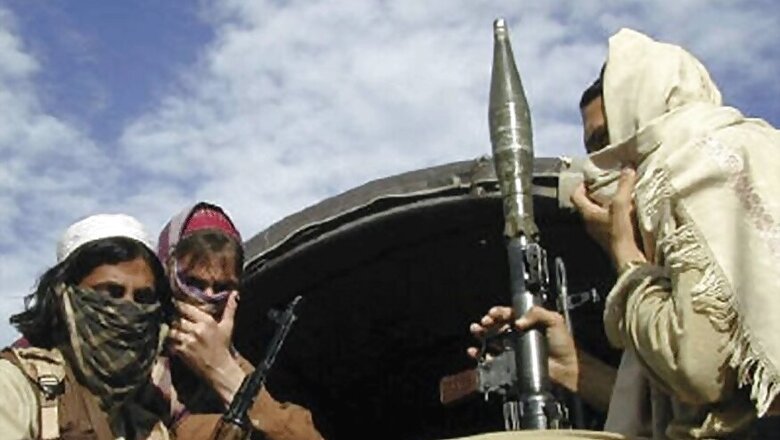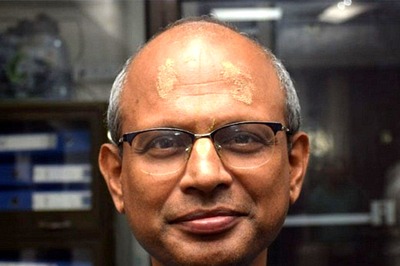
views
New Delhi: The FATF on Monday said several terrorist groups continue to benefit from funds raised through illegal activities and from supporters worldwide despite the international terror financing watchdog tightening the standards on flow of money.
India has maintained that Pakistan extends regular support to terror groups like Lashkar-e-Taiba (LeT), Jaish-e-Mohammad (JeM) and Hizbul Mujahideen, whose prime target is India, and has urged FATF to take action against Islamabad.
The week-long Financial Action Task Force plenary, currently on in Paris, will decide Pakistan's fate — whether it will continue in the FATF's 'Grey List', or will be put in the 'Black List' or escape from listing.
Without naming Pakistan, the FATF said in a statement that terrorists use various methods to gain financing, including using social media to identify new followers and to solicit financial or other forms of material support.
Individuals sympathetic to humanitarian causes or vulnerable to violent messaging are often targeted, it said.
"The FATF has tightened its standards on terrorist financing which has helped disrupt access to funds for groups such as ISIL and Al-Qaida. However, various groups still benefit from funds raised through illegal activity and from supporters worldwide," the Paris headquartered FATF said.
The FATF said it is monitoring terrorist financing risks and works to help authorities trace funding to strengthen prosecutions. "The FATF is also monitoring illicit financing via new payment methods, such as cryptocurrencies," it said.
The plenary is examining the money laundering and terrorist financing risks that countries face to set and promote global standards to tackle these risks.
Last week, an anti-terrorism court in Pakistan sentenced Hafiz Saeed, the mastermind of the 2008 Mumbai attack and founder of LeT, to 11 years in two terror financing cases.
The move came just four days ahead of the FATF Paris plenary.
Saeed, a UN designated terrorist on whom the US has placed a $10 million bounty, was arrested on July 17, 2019 in the terror financing cases. The 70-year-old fiery cleric is lodged at the high-security Kot Lakhpat jail in Pakistan.
Pakistan has also recently informed FATF that JeM founder Masood Azhar and his family are "missing".
Pakistan has claimed that there were only 16 UN designated terrorists in Pakistan, of which "seven are dead".
Out of the nine who are alive, seven had applied to the UN for exemption from financial and travel restrictions.
Pakistan needs 12 votes out of 39 to exit the 'Grey List' and move to 'White List'. To avoid 'Black List', it needs support of three countries.
In the last month's FATF meeting in Beijing, Pakistan has got support of Malaysia and Turkey besides FATF current chair China.
The FATF plenary held in October 2019 had noted that Pakistan addressed only five out of the 27 tasks given to it in controlling funding to terror groups like the Lashkar-e-Taiba, Jaish-e-Mohammad and Hizbul Mujahideen, responsible for a series of attacks in India.
The FATF had said it strongly urges Pakistan to swiftly complete its full action plan by February, 2020.
In the Beijing meeting, Pakistan provided a list of its action taken to comply with FATF directions.
Pakistan was placed on the 'Grey List' by the FATF in June, 2018 and was given a plan of action to complete it by October, 2019 or face the risk of being placed on the 'Black List' along with Iran and North Korea.
The FATF is an inter-governmental body established in 1989 to combat money laundering, terrorist financing and other related threats to the integrity of the international financial system.
The FATF currently has 39 members including two regional organisations — the European Commission and Gulf Cooperation Council. India is a member of the FATF consultations and its Asia Pacific Group.
If Pakistan continues with the 'Grey List', it will be difficult for the country to get financial aid from the IMF, World Bank, ADB and the European Union, thus further enhancing problems for the nation which is in a precarious financial situation.
(With PTI inputs)

















Comments
0 comment